

6 December 2022
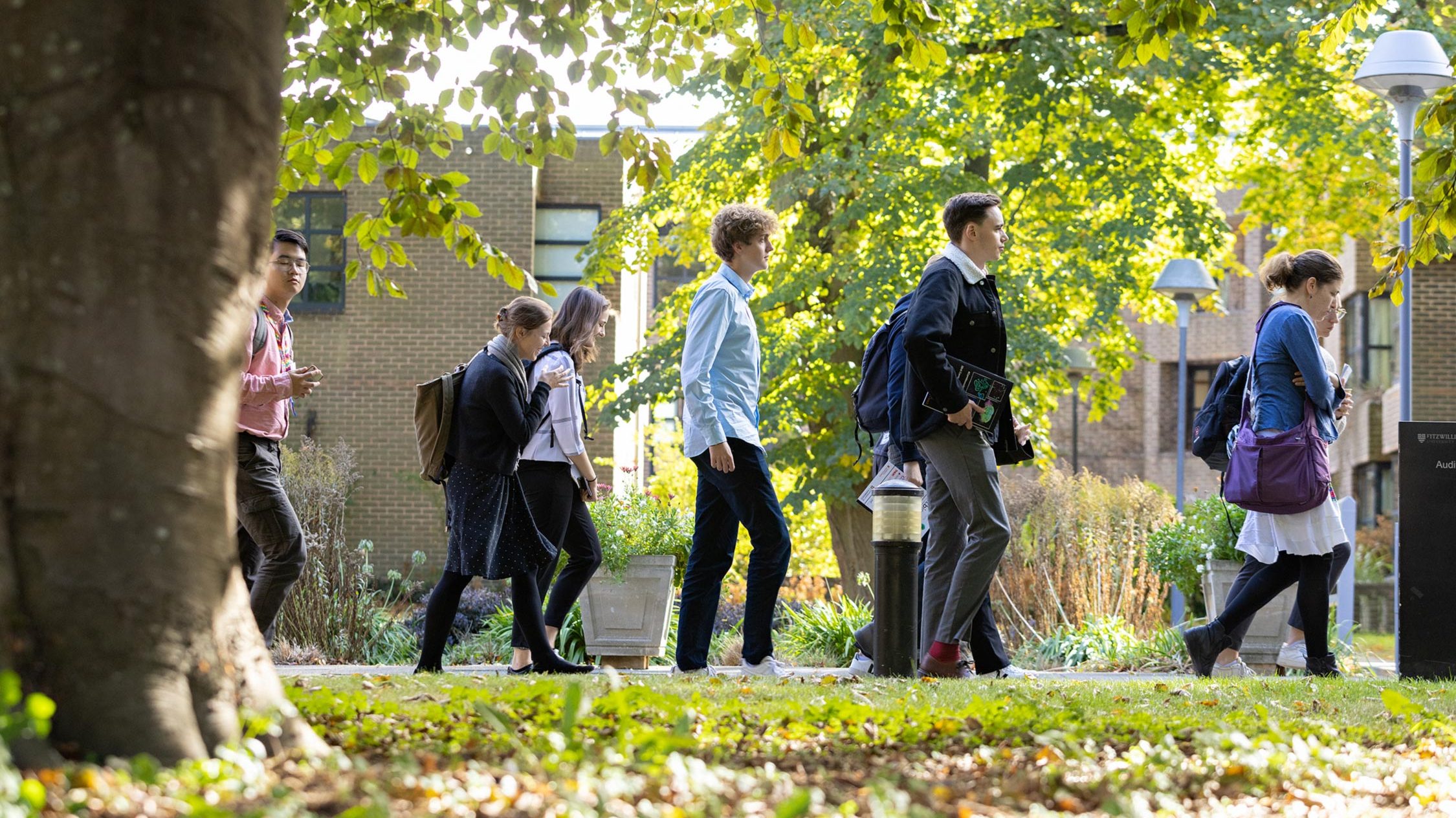 The 32nd Cambridge Neuroscience Seminar (CNS2022) was held on 29 September 2022 at Fitzwilliam College, University of Cambridge. This annual meeting brings together neuroscientists from across the University’s Departments to promote collaboration and strengthen the community. A Sustainable Conferencing Grant from The Company of Biologists helped the organisers to reduce the environmental impact of this year’s meeting.
The 32nd Cambridge Neuroscience Seminar (CNS2022) was held on 29 September 2022 at Fitzwilliam College, University of Cambridge. This annual meeting brings together neuroscientists from across the University’s Departments to promote collaboration and strengthen the community. A Sustainable Conferencing Grant from The Company of Biologists helped the organisers to reduce the environmental impact of this year’s meeting.
…
7 November 2022
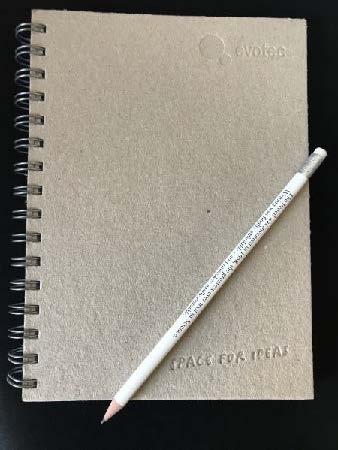
The fifth Brainstorming Research Assembly for Young Neuroscientists (BraYn) took place in Rome from 28-30 September 2022. The conference aims to bring together early-career neuroscientists for the purposes of networking, sharing expertise and promoting collaborations. …

26 September 2022
Romania’s Pike Lake is an important refuge for the wide variety of migratory birds that pass through it each year. This summer, it also played host to a community of neuroscientists who had gathered for the tenth edition of the Transylvanian Experimental Neuroscience Summer School (TENSS). Running from 1-21 June 2022, the course was partly funded by one of our Scientific Meeting Grants. …
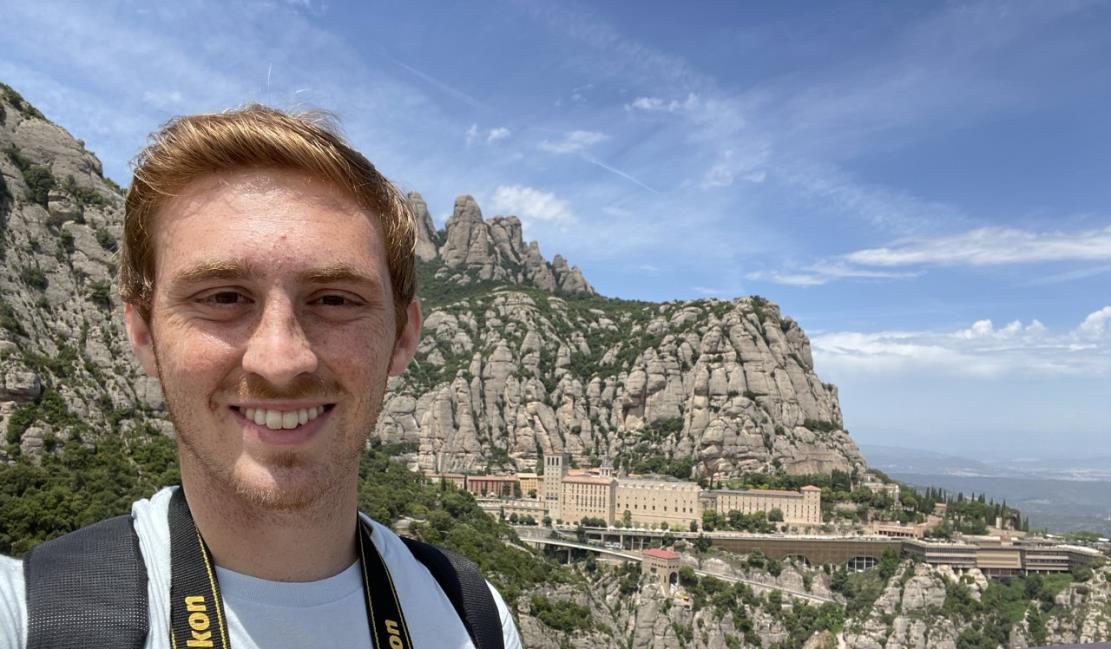
18 August 2022
Rising sea temperatures are having a devastating effect on tropical corals and, sadly, we have become used to seeing images of bleached and dying reefs on the news. However, the impacts on their Mediterranean counterparts have not received as much attention. A Travelling Fellowship helped fund PhD student Anthony Bonacolta’s trip across the Atlantic to Barcelona, where he was able to lay the foundations for the development of a Mediterranean coral cell atlas.
21 June 2022
2021 Materials, Mimics and Microfluidics: Engineering Tools in Mechanobiology
Assistant Professor Andrew Holle submitted the first Sustainable Conferencing Grant application for 2021. The 3M2021 was a satellite-based hybrid meeting targeted towards Asian-Pacific researchers. …
30 November 2022
Written by Mohammadjavad Haghighatnia
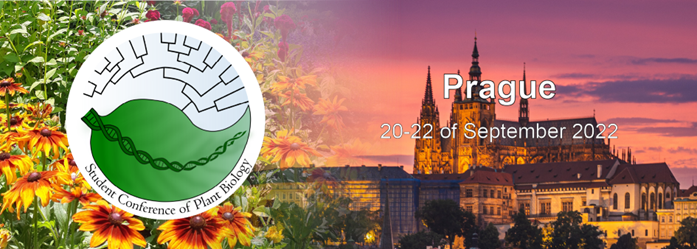 The first Student Conference of Plant Biology (SCPB) took place in Prague from 20-22 September 2022 with the motto “by students for students” and “sustainable conference”.
The first Student Conference of Plant Biology (SCPB) took place in Prague from 20-22 September 2022 with the motto “by students for students” and “sustainable conference”.
…
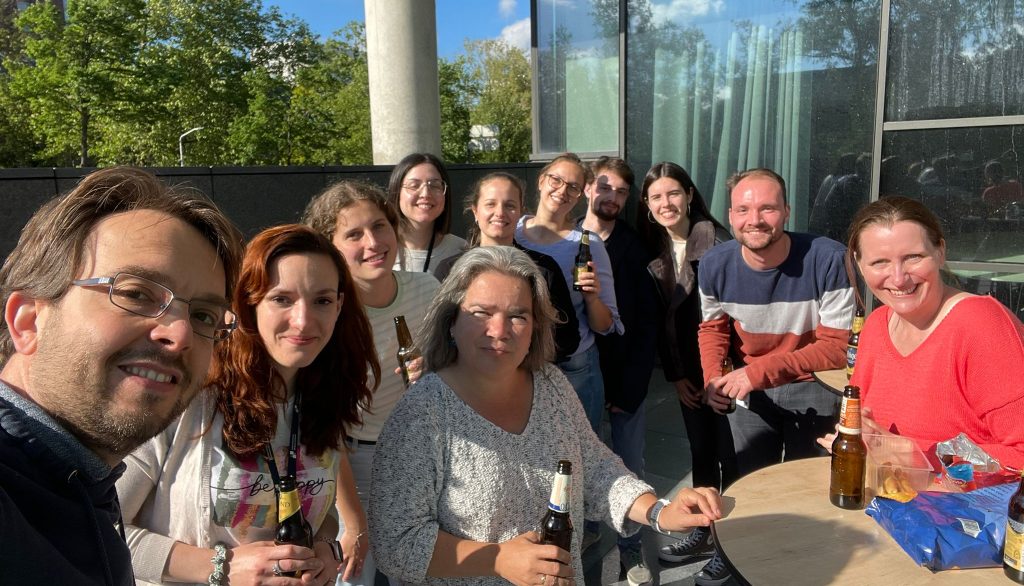
28 September 2022
The placenta plays a crucial role in human development by supplying the foetus with oxygen and glucose whilst removing waste products. However, when signalling from the placenta goes awry, mothers are at risk of developing an inflammatory condition called preeclampsia. Monika Horvat Merčnik, a student on the international PhD programme ‘Inflammatory disorders in pregnancy’ (DP-iDP), used a Travelling Fellowship from Journal of Cell Science to explore the interactions between placental endothelial cells and resident macrophages in this condition.
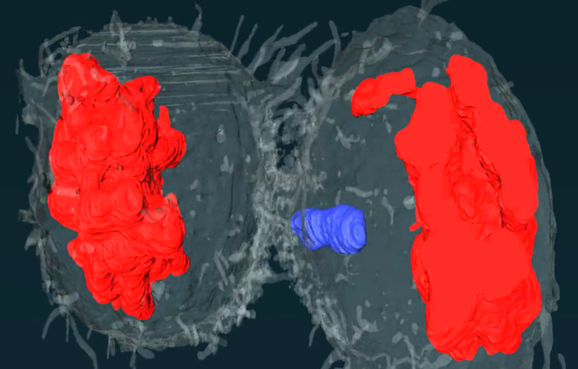
19 August 2022
The risk of developing a subtype of leukaemia known as iAMP21-ALL is amplified in individuals that carry the translocated chromosome rob(15;21)c. Connor Gilkes-Imeson used a Travelling Fellowship from Journal of Cell Science to learn 3D correlative light electron microscopy (3D-CLEM), a technique that he plans to apply in his studies of the kinetochore attachments that form at this mutated chromosome.
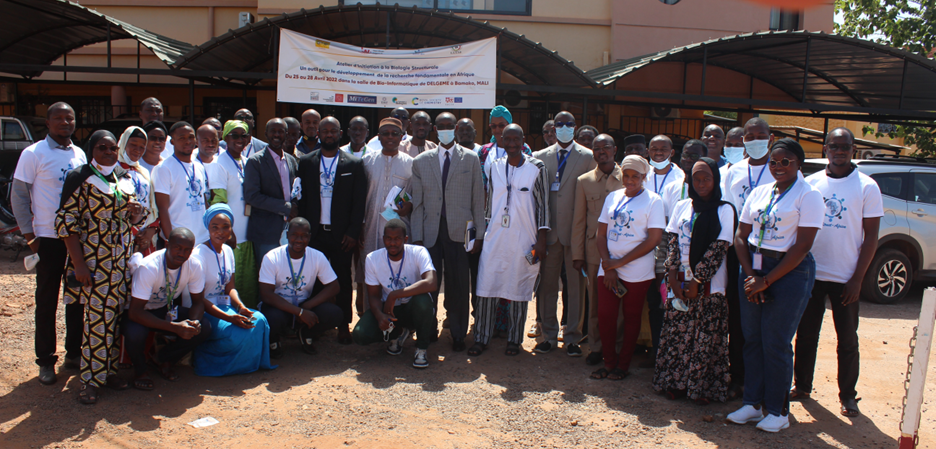
2 August 2022
Understanding the structural biology underpinning disease can be crucial for informing drug or vaccine design. For example, structural biology can help researchers understand the mechanism that allows a viral spike protein to bind receptors in our cells. However, structural biology research in Africa is suffering from a lack of resources and, consequently, from the loss of skilled researchers who are moving to pursue a career in this field overseas. To address this, BioStruct-Africa ran a workshop that brought the African structural biology community together by providing training and networking opportunities. BioStruct-Africa was awarded one of our Scientific Meeting Grants to support the event.

25 May 2022
Beaks are an important asset for birds that live in environments with limited freshwater. This is because their bills are thought to offer a route for non-evaporative heat loss, helping the birds to regulate their body temperatures without losing water. Mackenzie Roeder, a PhD student from the University of Maine, used a Travelling Fellowship from Journal of Experimental Biology to support her quantification of this effect in the field.
You must be logged in to post a comment.